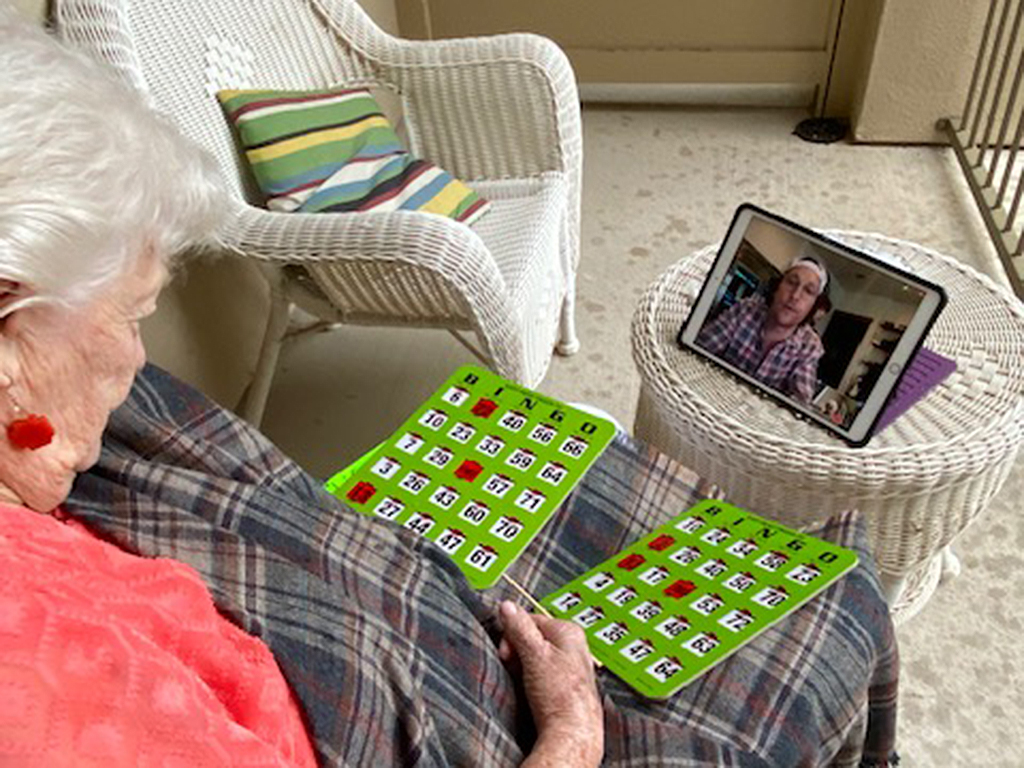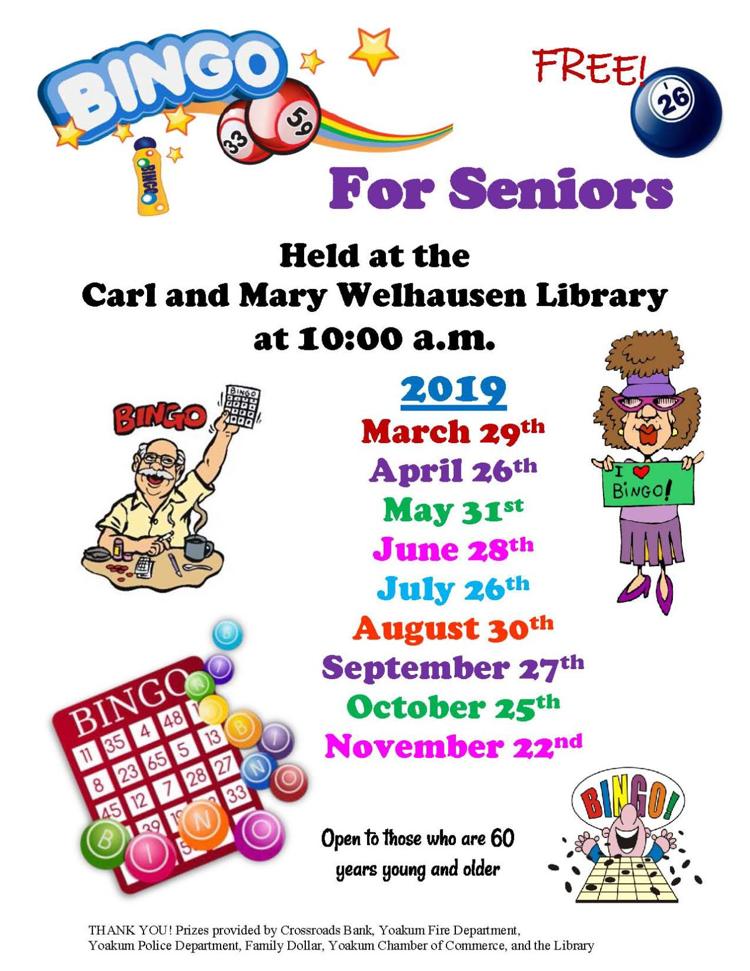Bingo For Senior Citizens
Change Your Bingo Patterns. For each one of your bingo games, provide a different way for.
As we grow older and enter the twilight of our years, we start to lose a number of our faculties. This can be difficult to adjust to, both for the individual and his or her family and loved ones.
We can become more susceptible to physical disabilities. The World Health Organization has reported that 10 percent of the world has a disability. This percentage doubles to 20 percent for those who are aged 70 or over, and 50 percent for those aged 85 and over. We are also more prone to loneliness and mental health issues such as dementia.
Dementia, also known as senility, is a decline in mental ability that interferes with daily life. This syndrome includes memory loss as well as Alzheimer’s Disease, which is the most common type of dementia (60 to 80 percent of dementia cases). Symptoms include impairments in the following areas: memory, communication and language, concentration, reasoning and judgment, and visual perception.


Overall, aging brings a loss of independence. We are less able to do those activities of daily living (ADLs), such as clothing and bathing ourselves. The older we become, we most likely will need some form of assistance. But there are some ways to at least slow the decline of aging as well as to promote health and wellbeing. And one of those ways may surprise you: playing bingo.
Bingo Prizes For Senior Citizens
- Bingo is built by bingo lovers, for bingo lovers. Place your bets and play up to four cards at the same time. Instantly play the classic fun game today for free, no downloads necessary!
- Cognitive Abilities Are Boosted. Simply put, playing bingo can improve your brain’s processing.

How To Play Bingo With Seniors

Bingo has become a popular game and mainstay activity for residential care facilities, community and senior centers, and church groups. Researchers have learned that this game has a lot more value than for just fun and leisure. Bingo has a few health benefits that may not be well-known, but are definitely worth taking into consideration.
Bingo Game For Elderly
- Cognitive Abilities Are Boosted. Simply put, playing bingo can improve your brain’s processing speeds, alertness, and memory capabilities, according to a study. Bingo requires players to be skillful listeners and to have the ability to look for numbers quickly, many times across multiple cards. As concentration declines as we age, bingo can help to maintain concentration— better than those who don’t play bingo regularly, including younger players. In another study, when bingo players with Alzheimer’s, Parkinson’s and other types of dementia play bingo with large, high-contrast cards their visual perception and cognitive skills improved. When computer screens were adjusted for brightness, color contrast, and size, even those who had mild dementia played computerized bingo just as well as their healthy counterparts.
- Hand-Eye Coordination Is Improved. As we age, our coordination and reflexes deteriorate, but games like bingo can help the elderly keep their dexterity. Bingo players need sharp reflexes to be able to find the numbers quickly. Due to the fast and repetitive nature of the game, research has shown bingo is a great way for seniors to significantly improve their hand-eye coordination.
- Physical Health Is Strengthened. Bingo isn’t an aerobic exercise, but it is a social activity. The social aspect of bingo—sharing laughs together, the excitement of possibly winning a game—is what supports physical health in elderly bingo players. A longitudinal study looked at subjects entering their 80s and how much help they needed with activities such as dressing themselves, climbing stairs, or going to the bathroom independently. Researchers discovered that those who had higher levels of social activity were twice as likely to have a lower risk of disability.
- Social Participation Is Increased. Older people are more prone to social and emotional loneliness, which has been shown to be a risk factor for reduced activity, physical problems, mental health issues such as depression and anxiety, and even death. Having social supports and being involved in social activities such as playing bingo can counteract these sorts of declines and deficits. One study has shown that having an active social life can possibly slow the decline of memory loss. The higher the subjects were socially integrated, the slower the rate of memory loss. The study’s results were independent of sociodemographic factors (e.g., age, race, and gender) as well as health status. By going to bingo on a regular basis, seniors can forge new friendships and tight social networks that can extend outside of the game room.
- Healing from Illness or Surgery Is Sped Up. One surprising research finding is that when seniors played games such as bingo while they recovered from surgery or other illnesses, hospital stays were shortened and healing times were faster. Additionally, elders who played games during their recovery periods reduced their risks for becoming depressed.

At Above & Beyond Home Health Care, among the variety of high quality home health care services, hospice care services, and therapies we provide, we are actively involved in our community. We have monthly bingo games at three different locations. We sponsor free games as well as money games. Check our calendar of events to see when we’ll be hosting our next game.
Photo by Edwin Torres Photography